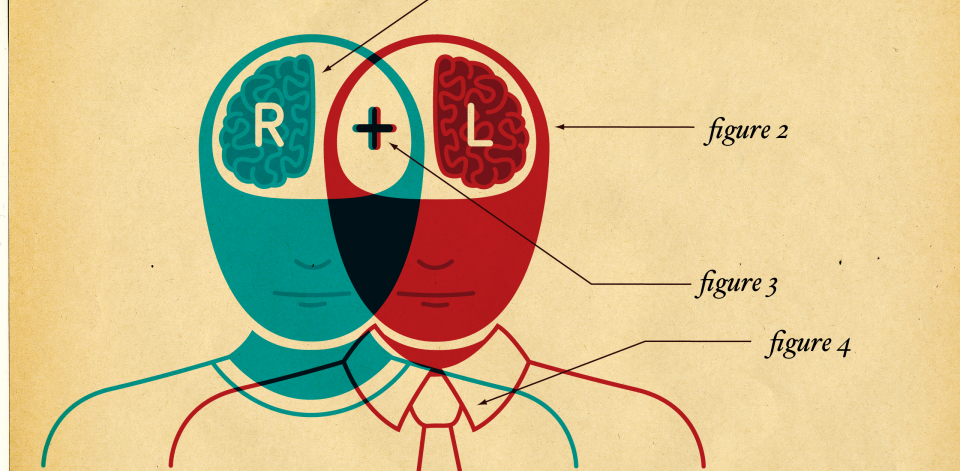
“What is Digital Humanities?” I asked myself this question three years ago as a Communications Studies major at UCLA. The name itself seemed to be a compound of two paradoxical…
Read More
“What is Digital Humanities?” I asked myself this question three years ago as a Communications Studies major at UCLA. The name itself seemed to be a compound of two paradoxical…
Read More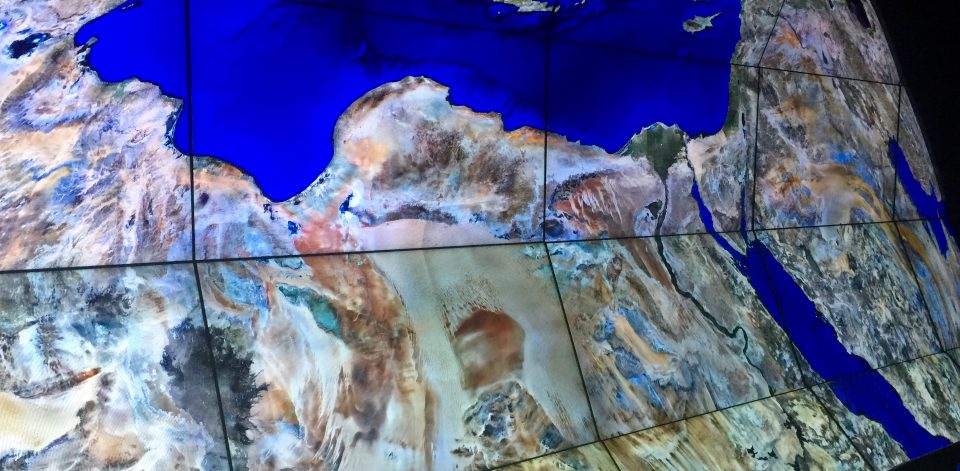
UCLA is a partner in a UC President’s Catalyst Award, one of only four of such grants awarded in 2016. As one of the four PIs (together with Tom Levy…
Read More
To follow up on an article written by my esteemed predecessor, I’d like to explore how developments in mobile technology are affecting us. In the 9 short years since the…
Read More
Shakespeare died 400 years ago this week, but we’re still getting to know him. And, thanks to UCLA’s HumTech, I think we can now read the DNA of his plays…
Read More
I am working on a digital humanities project that examines what I term “the archival novel,” a genre that structurally instantiates elements of Victorian methods of information management and archiving…
Read More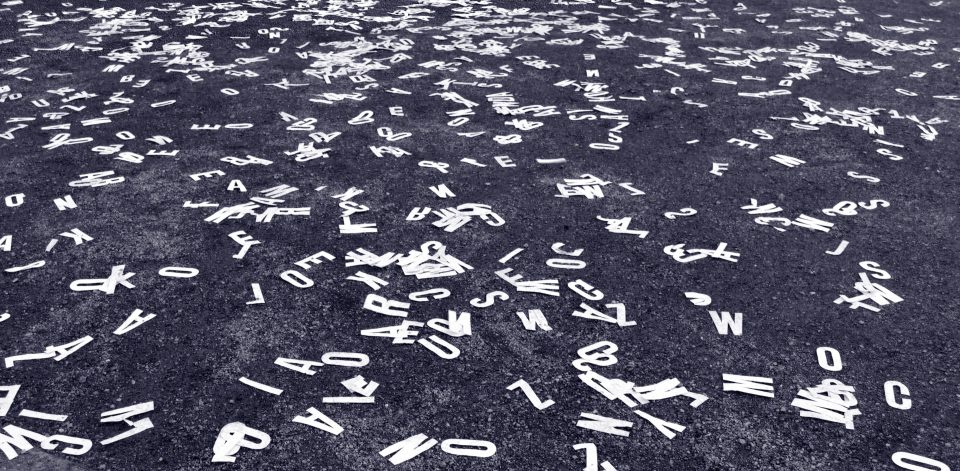
“Hypermaterializing Posthuman Poetics” is a practice-based investigation into the use of meta-data structures for conducting and presenting literary criticism. In order to conduct this investigation, I am building multi-modal models…
Read More
Historical research often draws upon our detective curiosities, tracing archival clues and analyzing (meta)data to make sense of culture and context. In my own PhD work, Playing Detective: Reenactment, Procedure, and Crime-Solving…
Read More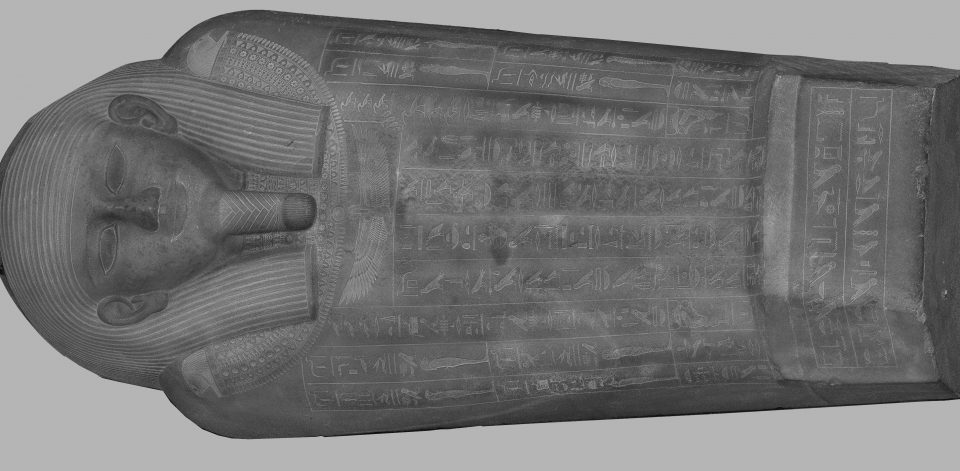
What if you could view an ancient artifact online in 3D, zooming in on and selecting texts on the object to view a translation? You might be able to visualize…
Read More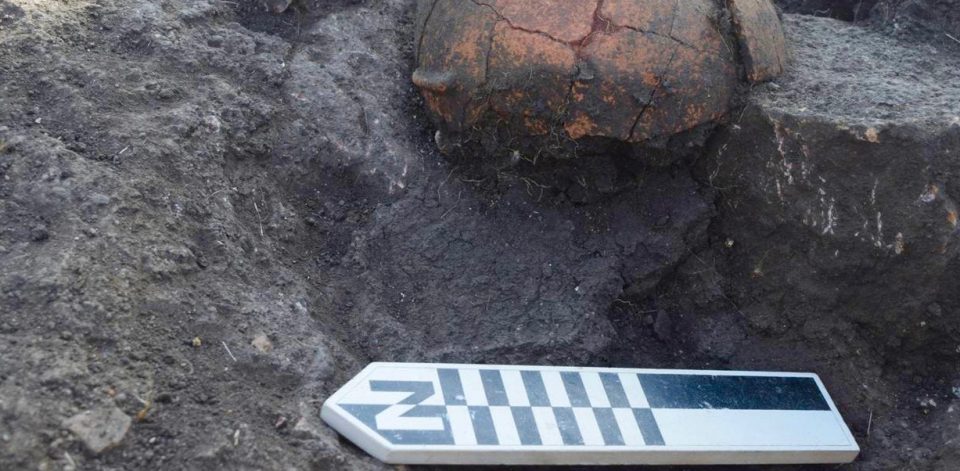
On excavation, every archaeologist deals with metadata on a daily basis. From the trench supervisor to the ceramic specialist while collecting data, we collect data about our data. How well…
Read More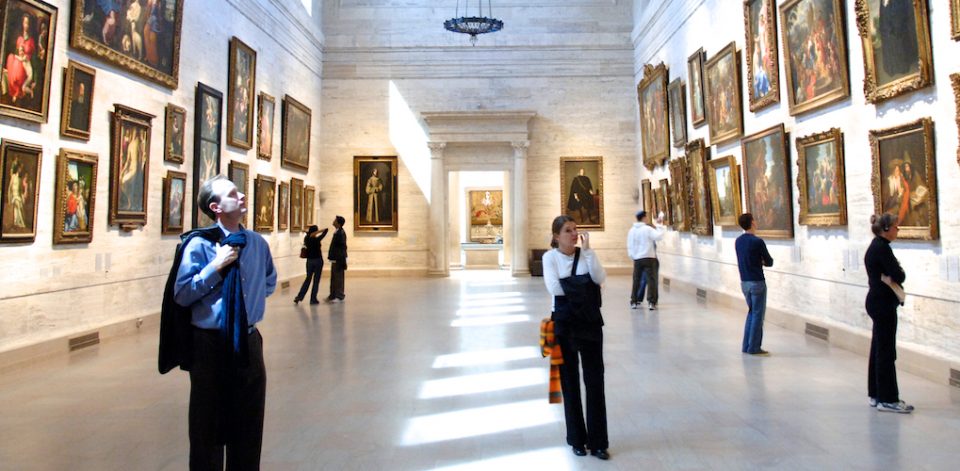
A few months ago I wrote an article on haptic computing and tactile interfacing, and it got me thinking of the ways people interact with objects. As an archaeologist, I’m confronted…
Read More